Safe Catch – Tuna Tested for Mercury
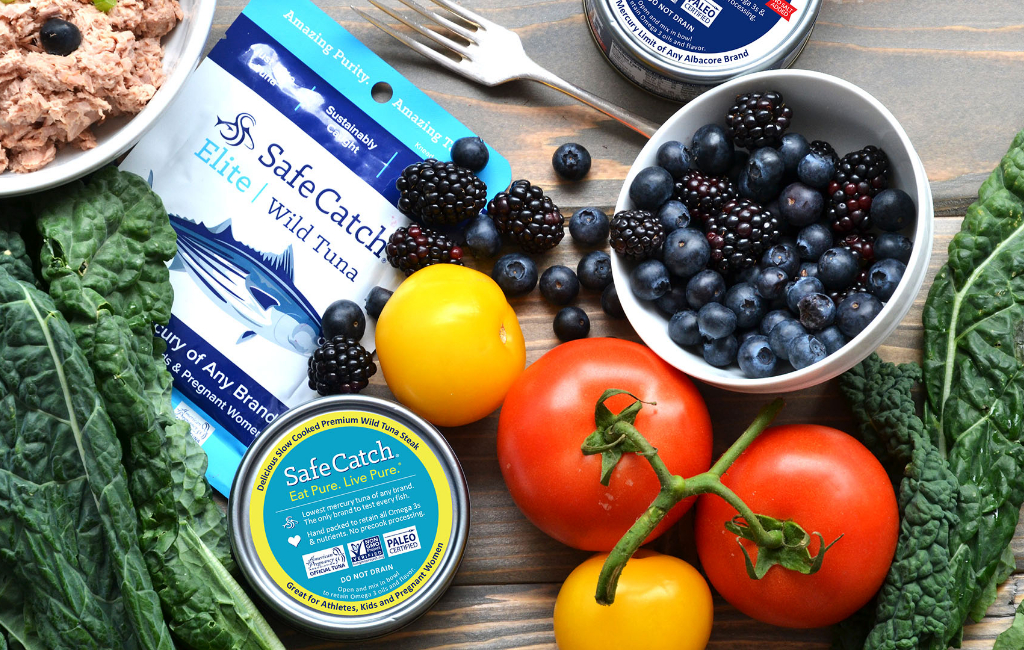
NO DEAL
EPISODE SUMMARY
🕓 Air Date: November 4, 2016
Asking For:
$600,000 for 3%
Investor:
No Deal
Deal:
No Deal
PRODUCT SUMMARY
Safe Catch offers a revolutionary method to test and ensure low mercury levels in tuna, presenting a healthier alternative through their own brand of hand-cut and hand-packed seafood.
WATCH HERE
IN A RUSH?
Click these to jump to the section you want to read.
Background Story
Bryan and Sean, the co-founders of Safe Catch, hail from an undisclosed location but presented their innovative venture on the popular TV show “Shark Tank.” The journey of Safe Catch began over a decade ago when Bryan, driven by a personal commitment to addressing the mercury concerns in seafood, initiated the project. His background and experience were rooted in a passion for creating a safer and healthier alternative for consumers who had decreased their tuna consumption due to mercury fears.
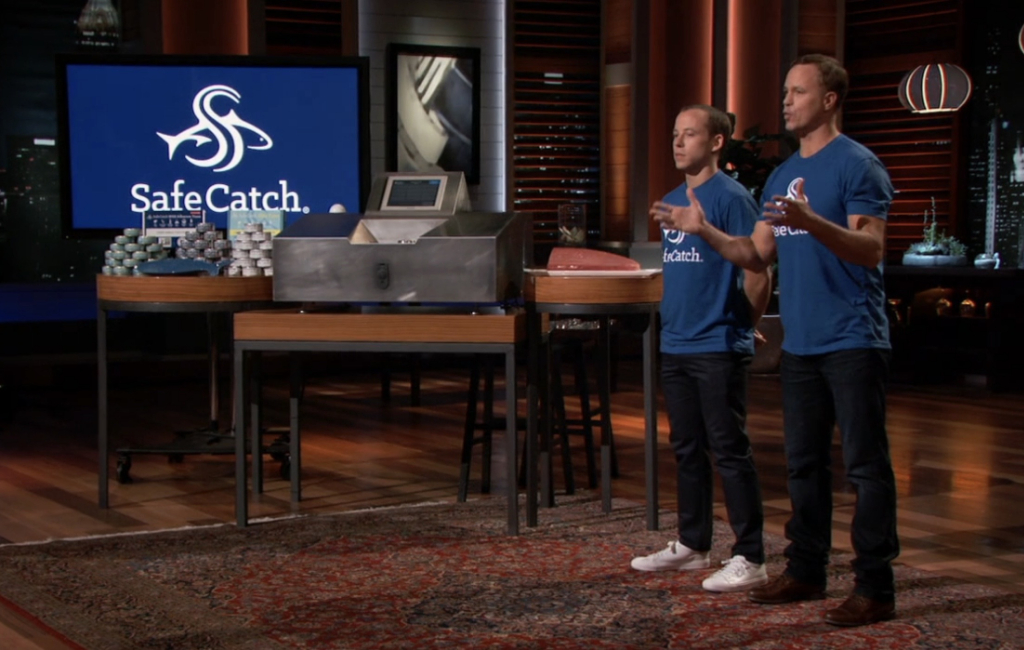
Facing numerous challenges in the seafood-supply chain during the initial phase, Bryan’s vision persisted. The founders, with a combined dedication to solving the mercury issue in seafood, invested a substantial $14 million in developing a groundbreaking technology. After a decade of persistence, they encountered hurdles in market adoption, leading to a pivotal turning point.
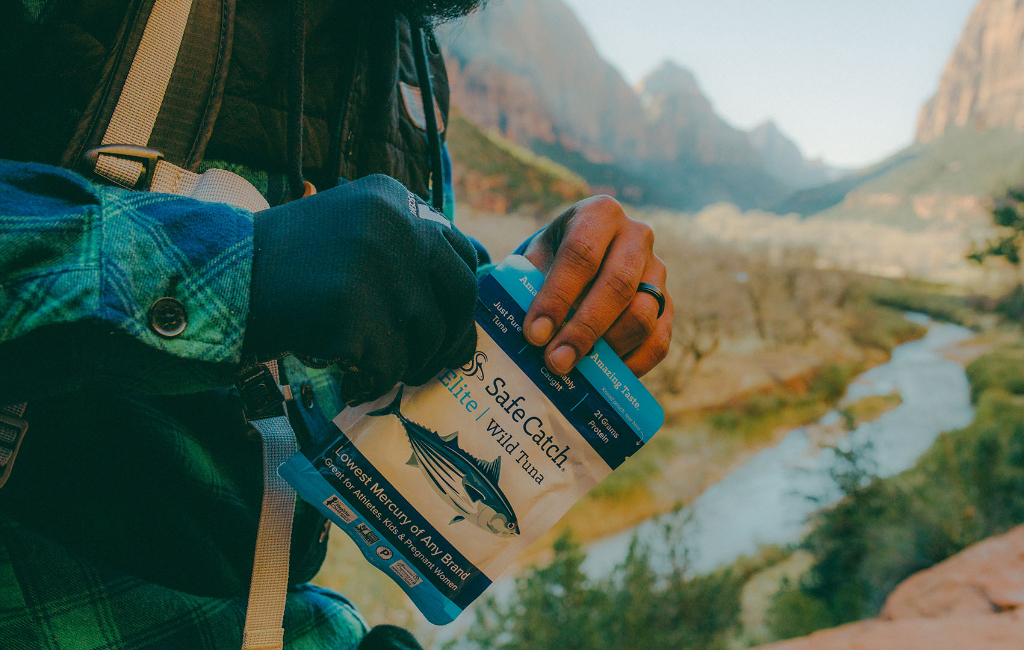
Sean, recognizing the potential of the technology and seafood brand, stepped in and acquired the company. Under his leadership, Safe Catch was rebranded, and the technology was introduced to the market with a renewed focus. The founders showcased their commitment not only to the innovative mercury testing technology but also to a brand of seafood that offered hand-cut, hand-packed tuna steaks cooked in natural fats and oils.
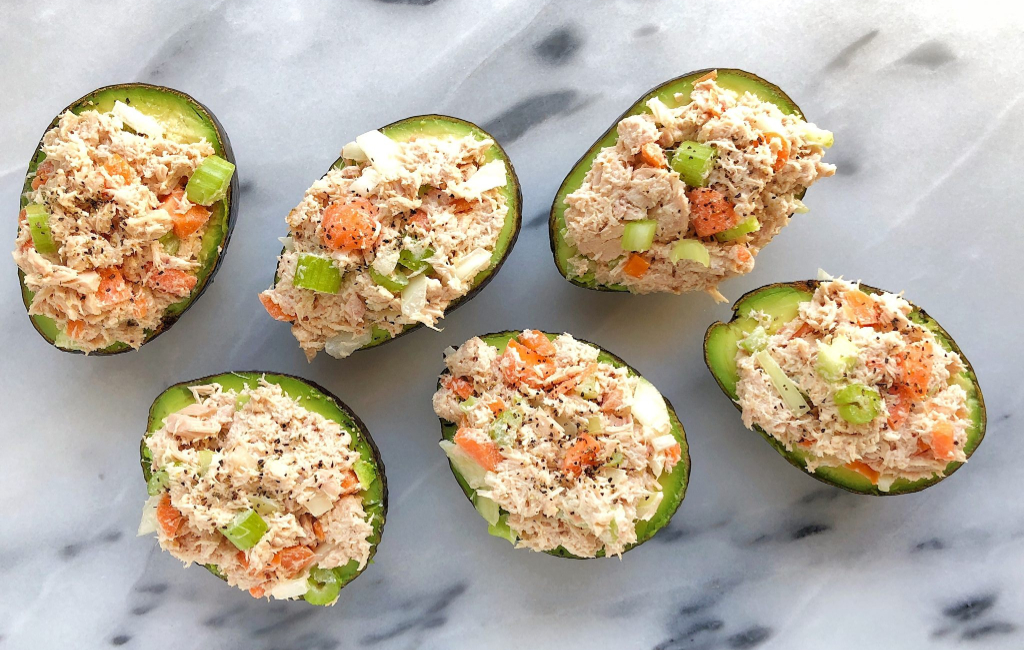
The Product
Safe Catch offers a groundbreaking product that combines advanced technology with a premium seafood brand. At the heart of their offering is a high-speed mercury analyzer, a cutting-edge device designed to test each fish for mercury concentration.
The process involves using a modified biopsy needle, which takes a small tissue sample from the fish. This sample, approximately the size of a grain of rice, is then analyzed in real-time by the high-speed mercury analyzer. This technology ensures that every fish is tested for mercury levels, providing consumers with confidence in the safety of the seafood they consume.
In addition to the innovative technology, Safe Catch has introduced its own brand of seafood under the same name. The product line includes hand-cut and hand-packed tuna steaks cooked in natural fats and oils. This meticulous process ensures a sushi-grade quality product that not only addresses mercury concerns but also offers a premium and flavorful seafood option.
The canned tuna is available for purchase on the company’s website and is priced at $2 per can. The retail price ranges between $3.00 to $4.00, making Safe Catch an affordable yet high-quality choice for consumers seeking a healthier and tastier alternative in the seafood market.
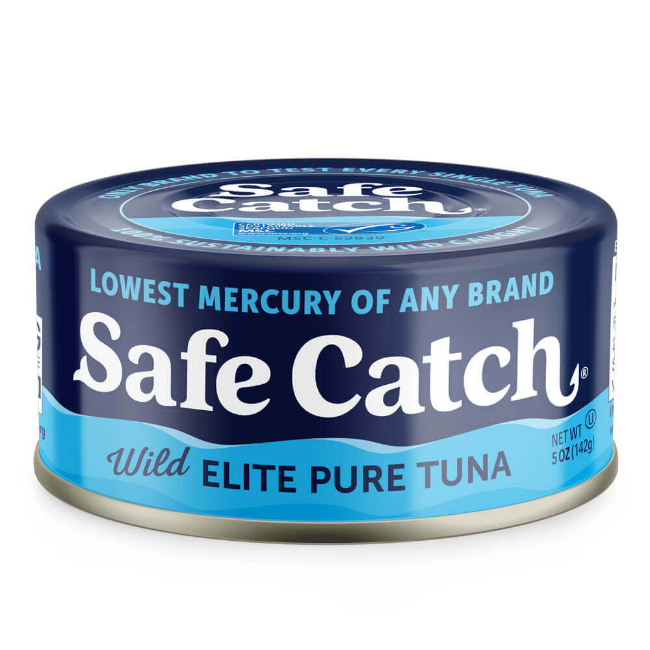
How It Went
The company’s position before Shark Tank
Safe Catch has navigated a challenging yet promising trajectory in the competitive seafood market. Launched one year ago, the company has positioned itself as a prominent player, with its products now available in 2,100 stores. During the first 12 months of sales, Safe Catch achieved commendable revenue of $1.25 million, reflecting strong initial market adoption. However, despite the promising sales figures, the company acknowledges a monthly cash burn of $70,000, resulting in a total loss of $530,000 to date.
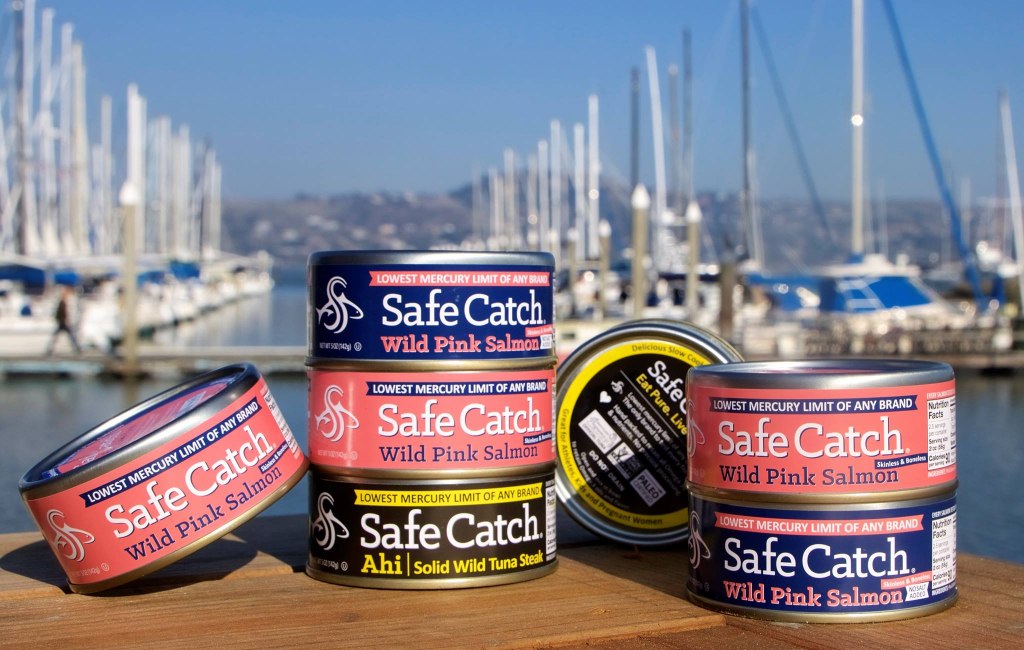
In terms of partnerships, Safe Catch has strategically collaborated with major retailers and online platforms to establish a robust distribution network. The brand has gained visibility through partnerships with renowned names such as Amazon and Best Buy, demonstrating the company’s commitment to widespread accessibility. While Safe Catch has attracted significant attention and investment, including a notable $14 million in funding to date, the company’s financial health is marked by both successes and challenges. The initial investment supported the development of their revolutionary mercury testing technology and the subsequent acquisition of the company by co-founder Sean. Currently, Sean has invested over $900,000, and the company carries an additional $900,000 in debt.
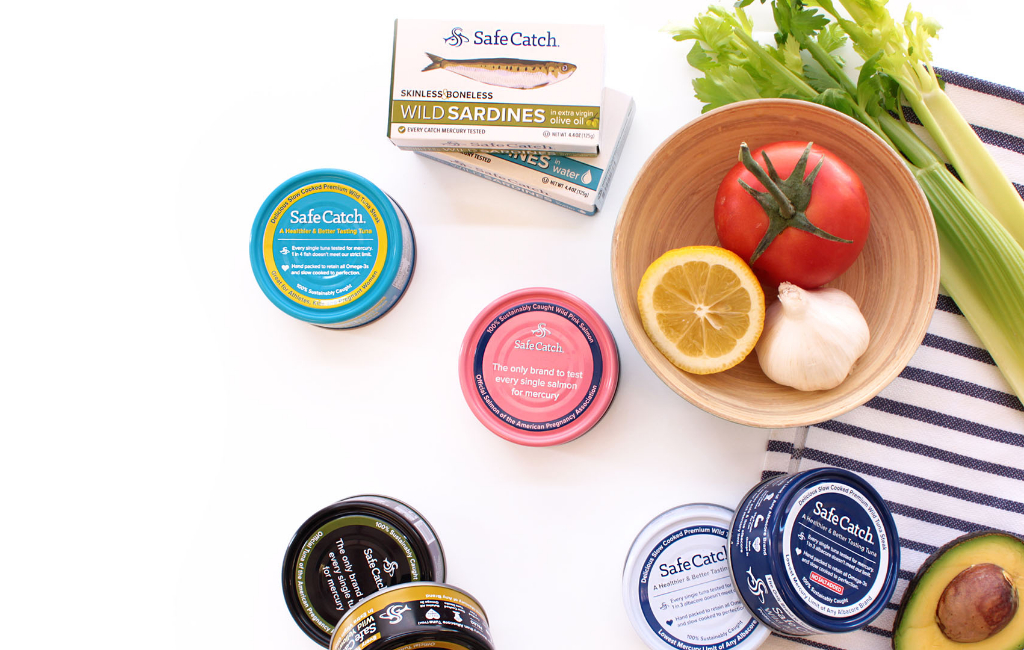
The company’s structure has evolved, initially driven by a technology-focused vision and later transitioning into a food-tech player with a seafood brand. Safe Catch is now operating as a pure technology company that has shifted its focus to food. Despite facing hurdles and restructuring, the company remains optimistic about its position in the food-tech space, aligning itself with the growing trend of healthier food alternatives. Safe Catch aims to continue building its brand, capitalizing on the $4 billion canned-tuna segment, and expects to reach $8 million in sales in the upcoming year.
The Negotiations:
In the “Shark Tank” negotiations, Safe Catch sought a $600,000 investment for a 3% equity stake in their innovative seafood venture. The Sharks, however, expressed concerns about the company’s valuation and financials. Mark Cuban, Kevin O’Leary, Lori Greiner, Barbara Corcoran, Daymond John, and Robert Herjavec all carefully scrutinized the business model, technology, and growth prospects.
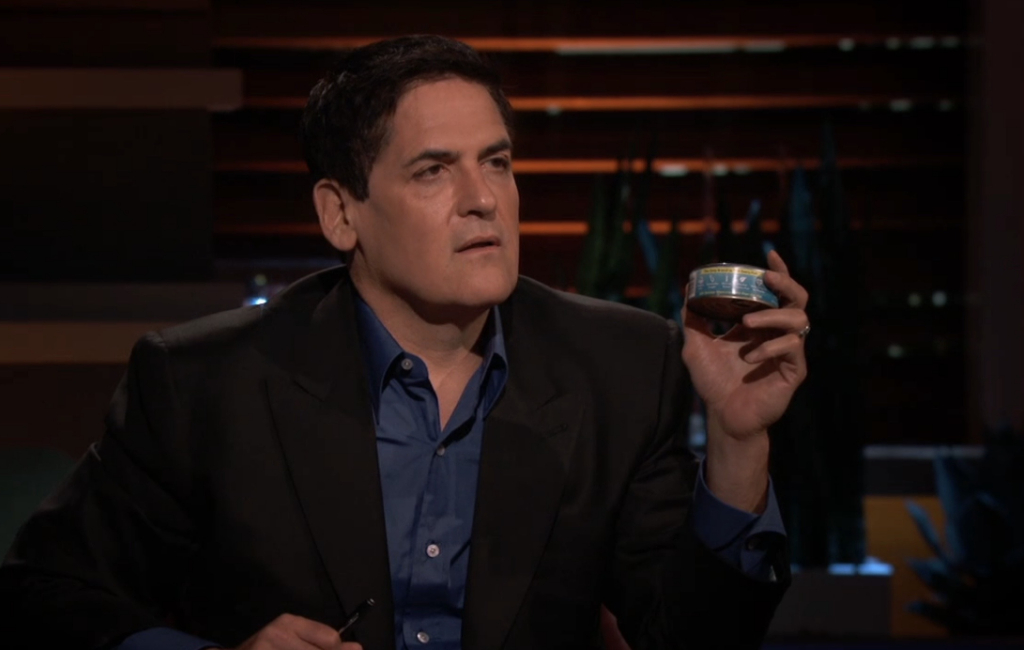
Despite the founders’ pitch emphasizing their high-speed mercury analyzer technology and the introduction of their own premium seafood brand, the Sharks found the valuation inconsistent with the company’s financial performance. O’Leary was the first to opt out, highlighting the challenges of recouping the $600,000 investment given the company’s historical losses. Other Sharks quickly followed suit, expressing skepticism about the scalability of Safe Catch’s model, given the declining sector and the need for substantial growth.
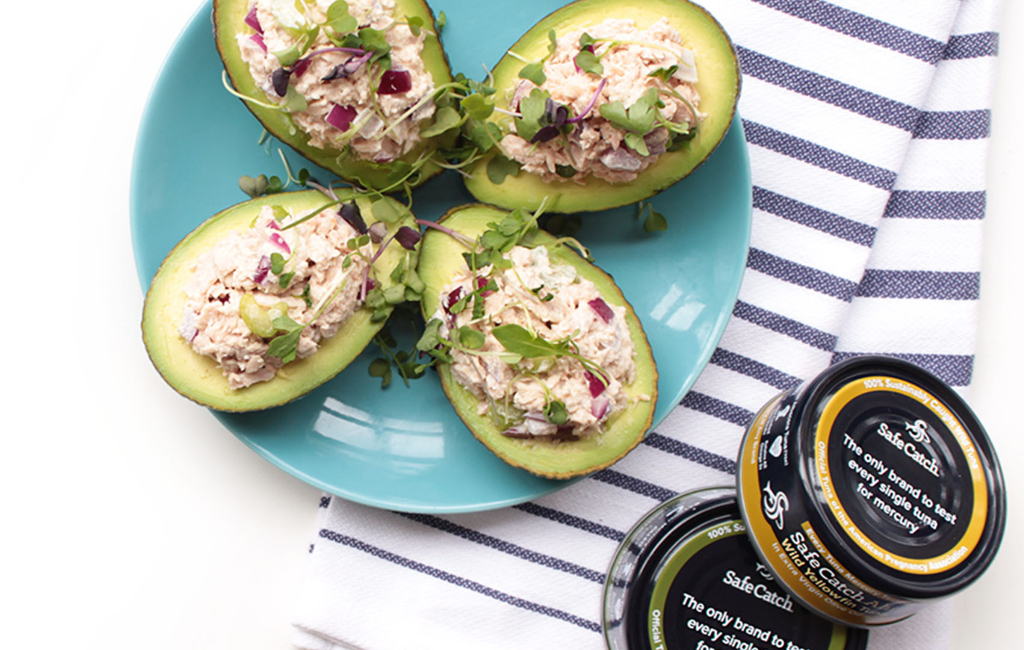
Lori Greiner expressed support for the mission and acknowledged the importance of the problem Safe Catch was addressing but recommended a different strategy, suggesting government intervention to make mercury testing a requirement. Ultimately, she decided not to invest. While the negotiation did not result in a deal, the founders remained optimistic, thanking the Sharks for their time and expressing gratitude for the opportunity. The Sharks, while appreciative of the mission, were unconvinced about the business viability and growth prospects, leading to a unanimous decision to decline the investment offer from Safe Catch.







